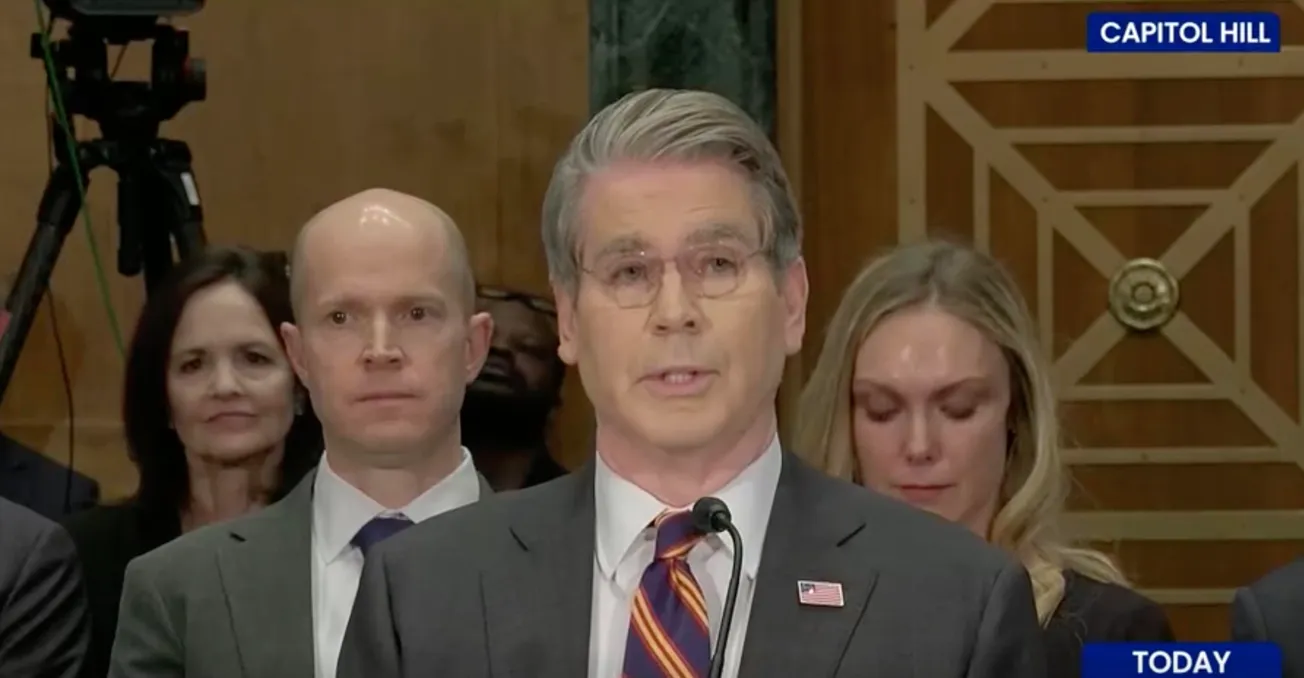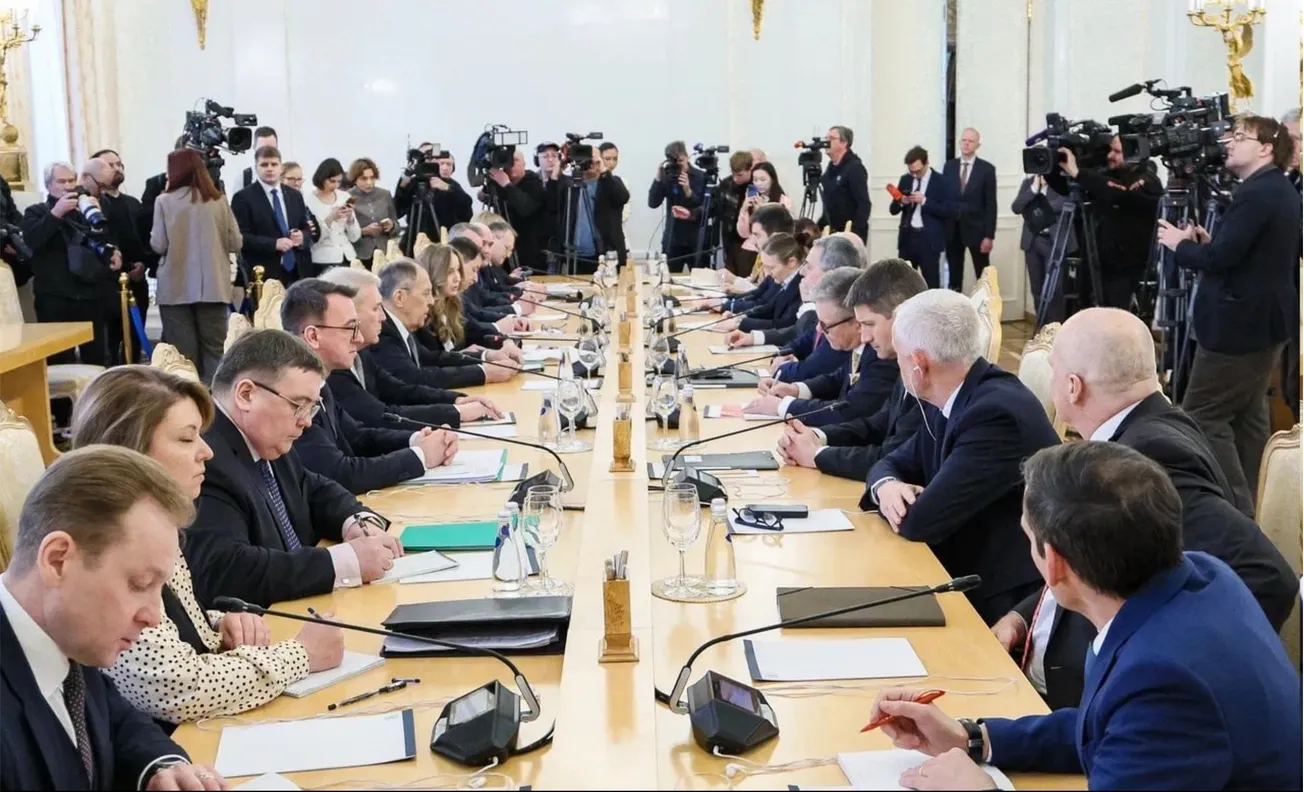Head of Germany’s lame-duck minority government after the Nov. 6 exit of the Free Democrats six weeks ago, German Chancellor Olaf Scholz lost his confidence vote in the Bundestag today, with a vote of 394-207 and 116 abstentions. The vote result has been expected, after his Green party coalition partner decided last week, with the consent of Scholz’s Social Democrats, to abstain, thereby making sure that he would lose the confidence vote, thereby making way for early elections on Feb. 23, 2025.
Whereas it is generally expected that opposition leader Friedrich Merz, chancellor candidate of the Christian Democrats (CDU), will win the early elections, it is not that certain, and he would definitely need at least one coalition partner in his government. Since coalition talks can take, a new government may not be in place before May, leaving Germany six months of ungovernability now, as Merz has threatened that his Christian Democrats would not vote for any planned legislation of the Scholz caretaker government during this entire period. The deepening crisis in automobile, steel, chemical and construction, however, requires immediate decisions, whose absence of decisions may lead to broad labor and public unrest. Also the prospect of new U.S. President Donald Trump will start his promised dialogue with the Russian President after Jan. 20 for a diplomatic solution to the Ukraine war, will have definitive impact on the last weeks of before, and after, German election.



